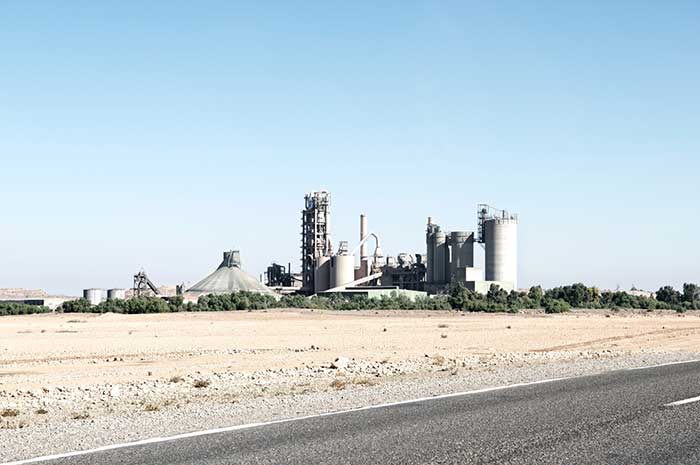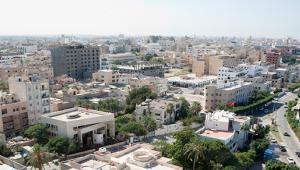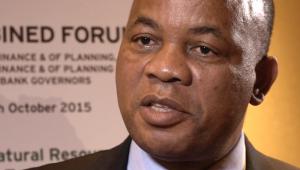web_miningafrica_istock_000034384984_medium.jpg

Extractive industries
KPMG said that, while political uncertainty, armed conflict and security threats would a decrease in flows of foreign direct investment, other adverse conditions would not deter investors.
Robbie Cheadle, associate director of deal advisory at KPMG in South Africa, pointed out that the Republic of Congo, Nigeria and Mozambique all featured in the top five FDI inflow host countries in Africa, despite their low rankings in Transparency International’s Corruption Perception Index and the World Bank’s Ease of Doing Business Survey.
“[This] clearly indicates that while corruption, poor infrastructure and onerous business conditions are considerations for potential investors in Africa, these are certainly not overriding factors,” KPMG’s report stated.
“If the geological attractiveness and/or gas oil reserves are sufficiently attractive, investors will still invest in the country and find ways of overcoming obstacles.”
Terrorism, internal security issues, and constantly changing and adverse government policies on the other hand are sure to put investors off, Cheadle said, as demonstrated in North Africa, where FDI flows fell by 27% between 2010 and 2014.
However, according to the United Nations Conference on Trade and Development, this picked up again last year, led by Egypt, which began to address its security issues, leading to FDI increases of 40%.
The report noted that low prices and the “end of the commodities ‘super-cycle’” has significantly impacted the flow of FDI into Africa, which fell by 31% overall in 2015.
Cheadle said that many African economies are seeking to diversify away from overreliance on extractive industries and towards the manufacturing and service sectors.
Those who are increasing the ease of doing business and working to reduce corruption are getting ahead here, with countries like Rwanda, Morocco and Kenya seeing success.
“If Africa, as a continent, wants to continue to lure investors, during this negative resources cycle, it needs to continue on improving infrastructure, the business environment, and most importantly, reduce international and regional conflicts and political or policy uncertainty,” the report concluded.













